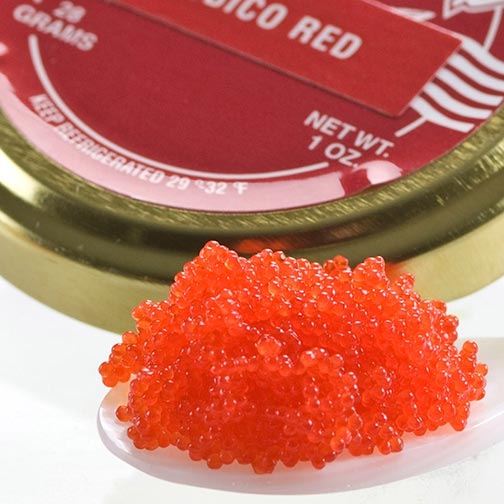Sotong And Prawn Balls With Pig DNA Were Not Labelled Halal Or Kosher
Cuttlefish and prawn balls are extremely popular among Singaporeans, given how easy to prepare and flavourful they are.
But consumers in Singapore with dietary restrictions should perhaps be more cautious when purchasing such dishes.
In a study published online on 31 Oct, NUS researchers found traces of pig DNA in cuttlefish and prawn balls manufactured by a seafood brand in Singapore.
The researchers, from NUS’ Department of Biological Sciences, however, did not reveal the brand(s) in question.
NUS researchers find pig DNA in seafood balls
The group of 4 researchers, in a paper published on Thursday (31 Oct), stated they found genetic material of pigs in cuttlefish and prawn balls from an undisclosed seafood brand.
Initially, the team suspected lab contamination but later found pig DNA in all 5 samples bought from different places and times.
This is a major problem as,
many consumers avoid pork for religious, ethical or health reasons.
The researchers described their discovery as “the most serious case of mislabelling” in a multi-religious country like Singapore.
Fortunately, the products which tested positive for pig DNA were not labelled halal or kosher, which would have led to more serious consequences.
We’ve reached out to the researchers for information regarding the brand(s) involved.
Cheaper products allegedly used as substitutes for costlier ones
The same group of researchers also found other instances of mislabelling.
According to the paper, all processed seafood products samples said to contain crustaceans like crab, prawn, and/or lobster only contained fish.
The researchers found that more valuable seafood like halibut, wild Atlantic salmon, and capelin roe have been, in some samples, substituted with cheaper alternatives.
 Capelin roe
Capelin roe
Source
Mislabelling could be due to vague regulations
The researchers suggest that the mislabelling could be due to vague regulations.
According to the paper, the Sale of Food Act states labels have to contain a name or description which is “sufficient to indicate the true nature of the food”.
In this case, fish is defined as “any aquatic organism commonly consumed by humans”, which includes crustaceans like prawns and crabs.
However, the researchers say this is “no longer in line” with expectations of consumers, who expect labels to reflect precisely what the food contains.
Hope the authorities will introduce stricter guidelines
If you do not consume pork, be extra careful when purchasing the products mentioned above.
We hope the authorities will introduce new regulations pushing for more accurate food labels so consumers in Singapore with dietary restrictions can purchase food with greater peace of mind.
Featured image adapted from YouTube.

Drop us your email so you won't miss the latest news.











